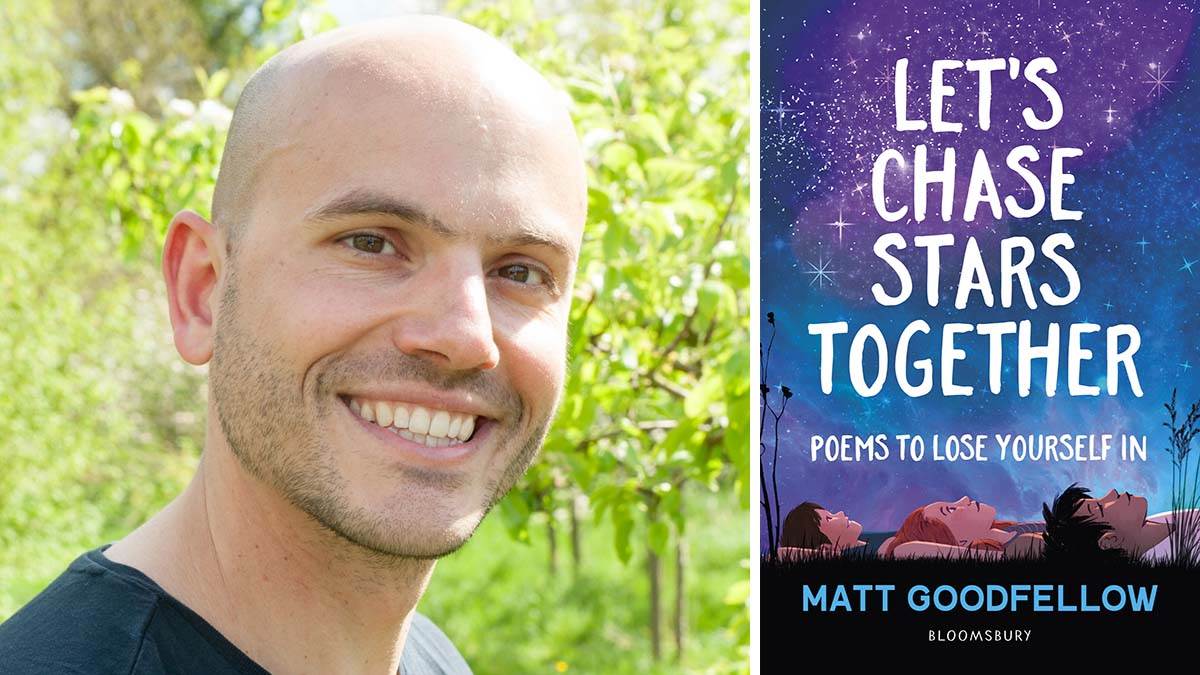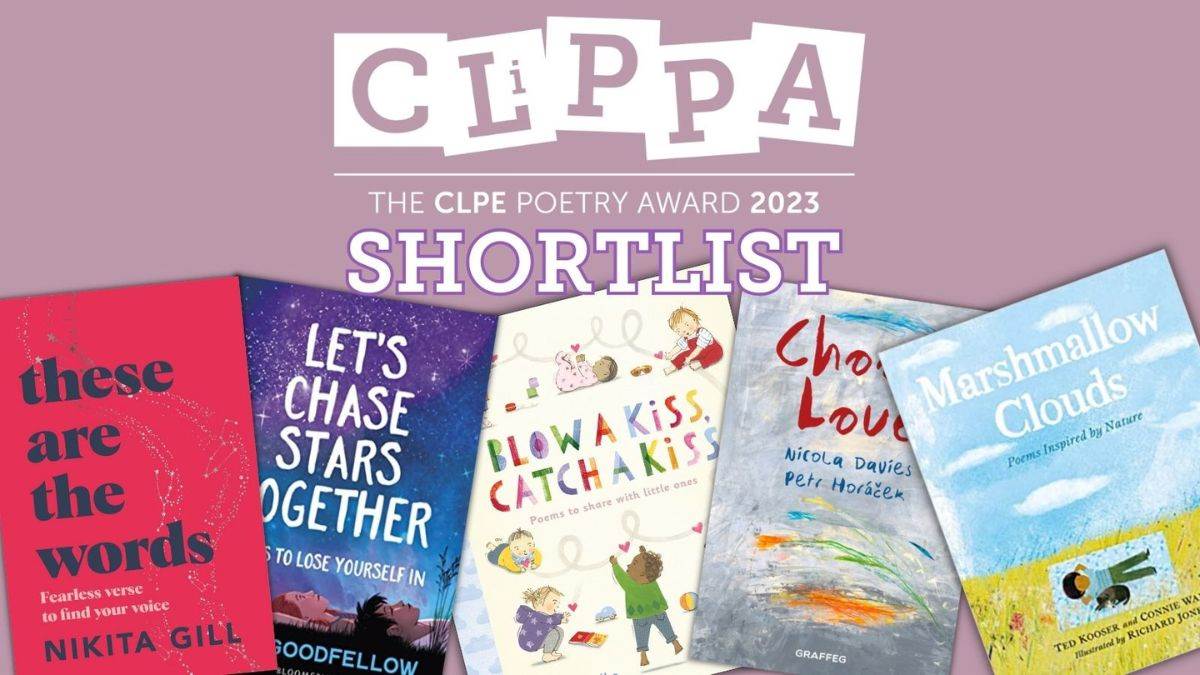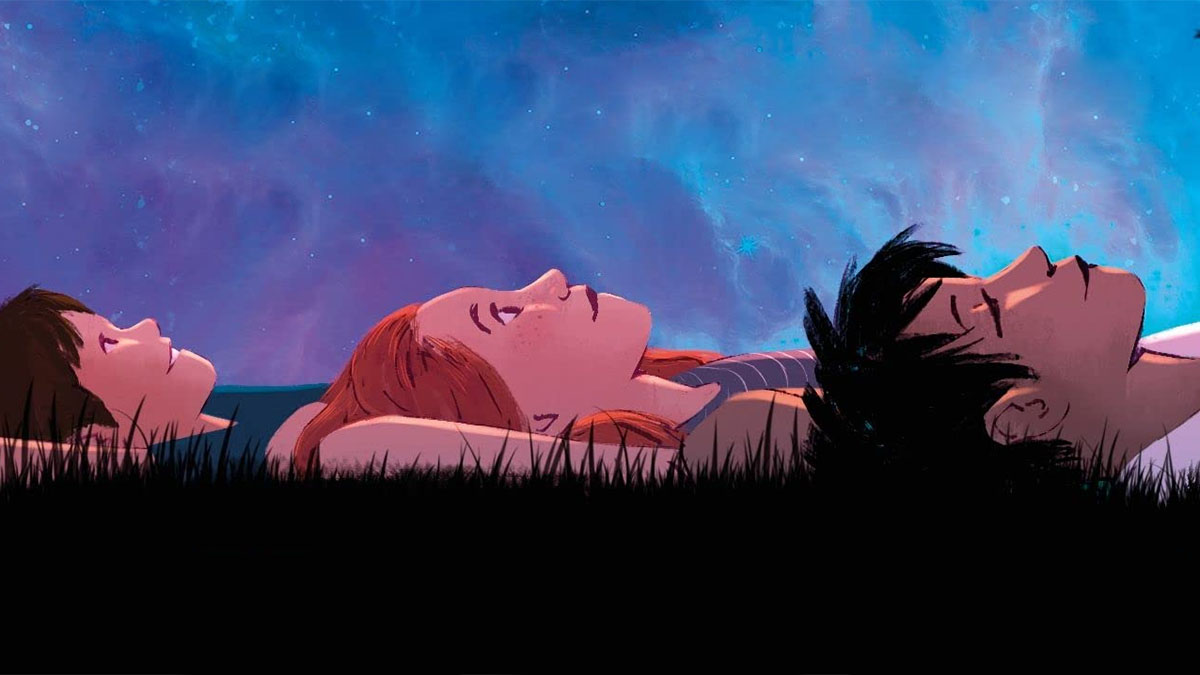How to make poetry and performance a vital part of a child’s journey
Published on: 15 May 2023 Author: Matt Goodfellow
Poet and former teacher Matt Goodfellow knows about the benefits of performing poetry, as he spends his time visiting schools, libraries and festivals where his performances and workshops open new doors to poetry for both children and adults.
Here, he explains why it's so important in the classroom...

Performing poems aloud is the best way for children to encounter poetry and there are huge benefits when they do.
Get to know professional poets
Before you even begin asking children to perform poems, I think the most valuable thing that can be done is to immerse them in performances by professional poets. It's so important for children to be exposed to a wide diet of poets so they can see that poets come in all different shapes and sizes, skin colours and accents.
There are so many brilliant performers out there currently doing interesting things. Watch poets like Michael Rosen, Val Bloom, Steven Camden, Manjeet Mann, Nikita Gill and Joseph Coelho.
What are they doing that interests you? How does their performance make you feel? What are they doing with their bodies? Their faces? Their hands?
Are they reading from a book or performing from memory? And how does this add to the overall connection they achieve with their audience?
The CLPE website is a brilliant resource to help with all this – over 500 videos of a wide range of poets performing poems and talking about why poetry matters to them are freely accessible.
I think one of the most skilful things poets can do is transition between poems during longer performances. How are they linking poems? What are they saying and doing between them? Again, how does this add to the overall feeling?
Rosen is a genius performer and so much can be learned about stage craft from just studying what he does. The spaces he leaves. Facial expressions. Hand gestures. Some poets like Val Bloom have the ability to speak very quietly to large audiences yet make each member of that audience feel as if she's talking directly to them. Allow them time to settle on the performers they enjoy. Discuss this together.
Find the right poems

Then it's about finding the right poem (or poems) – and spending time with it. Ask the children to think about what that poem means to them. How does it make them feel? How can their own performance translate this to their intended audience?
Is it going to be a group performance? If so, discussions need to be had within the group about collective thoughts and feelings and translations of expression. If it's a solo performance, I think time needs to be given for the individual to work out their own style of performance – trial and error. What suits their personality? If a performer isn't comfortable, it'll easily be picked up by the audience. Time and space need to be made for rehearsal.
Helping children to be proud of their voice
How does the performer's own accent add to the dynamic? It's vital that children are allowed to feel proud of their own voice. I love watching performances of my own poems from children and young people around the world.
Explore, have fun experimenting, and allow the performers to find their feet in an encouraging and nurturing environment.
Take it step by step
Pic: Oriol Vidal
I think it's important to perform to different sizes of audience. Start small – we all know how different it feels practising to an empty room and then suddenly feeling the eyes of an audience on you. It takes time to build confidence levels.
Although excruciating at first, it can also be a good idea to film initial performances without an audience and then analyse them – does the performance achieve what they want it to? If not, what can be tweaked?
Have fun exploring performance. Celebrate different styles within the group. Allow this to happen frequently during an academic year.
Of course, an incredibly important element to this is how the teacher models performing poetry: let them see how much you enjoy it, read a poem every day, and always have contemporary poetry collections on hand and available.
Make poetry and performance a vital part of a child's journey. It'll be worth it, I promise.
Let's Chase Stars Together is available now and is shortlisted for the CLiPPA (CLPE Children's Poetry Award).
Read our review
Let’s Chase Stars Together: Poems to Lose Yourself In
Author: Matt Goodfellow Illustrator: Oriol Vidal
A fantastic collection of poems reflecting real life that will have readers coming back to it again and again.
Read more about Let’s Chase Stars Together: Poems to Lose Yourself In
Poetry Prompts
Fall in love with poetry
Join Waterstones Children's Laureate Joseph Coelho for Poetry Prompts - a fun series of videos designed to help children fall in love with writing and performing poems.
Topics: Poetry/rhyme, Features








